As the demand for sustainable and efficient energy solutions continues to rise, lithium-ion batteries have become a pivotal component in modern technology, powering everything from electric vehicles to portable electronics. Selecting the right brand for these batteries is crucial, as it impacts not only performance but also safety and longevity. Some brands have distinguished themselves by consistently delivering high-quality products that cater to a variety of needs, whether it be for industrial applications or everyday gadgets. To explore which brands have set the benchmark in the lithium-ion battery market, consider the insights provided below.

Illustration of lithium ion battery
Best brands of lithium ion battery in 2025
LG Chem
LG Chem, now operating as LG Energy Solution, is a leading producer of lithium-ion batteries, having secured the top position in the global automotive battery market with a market share of 24.6% in 2020 and delivering 19.9 GWh of battery capacity during that period. The company has continued to expand its market presence, retaining a significant share in the global EV battery market, such as holding a 28.5% share from January to August 2023. LG Energy Solution produces batteries from raw materials to finished goods, leveraging its advanced battery technology. The company aims to increase its revenues to USD 26.9 billion by 2024. Its competitiveness is underscored by its ability to maintain a strong market position despite increasing competition from Chinese manufacturers like CATL. For more detailed information about their battery products, you can visit their website here: LG Energy Solution cathode materials.
Panasonic
Panasonic is a leading producer of lithium-ion batteries, holding a significant 21% market share in the global EV battery market as of 2023. The company reported a revenue of $64.9 billion in 2023, with its automotive battery business contributing $6.6 billion, a 7% increase from 2022. Panasonic has supplied over 10 billion cells of cylindrical Li-ion batteries for EVs, equivalent to 1.7 million EVs, and plans to scale up global production to 3-4 times 2022 levels by March 2029. The company is also a major supplier of EV batteries to Tesla and other automakers, and it aims to become carbon neutral by 2050. Panasonic's innovative battery technologies, including the advanced 2170 and 4680 cells, are crucial for the growing demand in electric vehicles. For more details, visit the Panasonic statistics page.
Samsung SDI
Samsung SDI, a leading producer of lithium-ion batteries, manufactured around two billion units of small-sized lithium-ion batteries in 2023. The company holds a significant market share, with approximately a 5% share in the global lithium-ion energy storage system (ESS) market as of 2023. As part of the South Korean conglomerate Samsung Group, Samsung SDI is renowned for its advanced battery technologies, including solid-state batteries boasting an energy density of 500 Wh/kg. The company is poised to mass-produce all-solid-state batteries by 2027, further solidifying its position in the global battery market. Samsung SDI's batteries find applications in various sectors, such as IT devices, electric vehicles, and energy storage systems. For more detailed insights, you can check their Business Overview.
CATL
CATL (Contemporary Amperex Technology Co. Limited) is the world's leading producer of lithium-ion batteries, maintaining its top position for seven consecutive years with a market share of 36.8% in 2023, according to SNE Research. In the first quarter of the year, CATL's global installed base of power lithium batteries reached 33.3 GWh, a remarkable 137.7% year-on-year increase, and the company's revenue surged by an impressive 153% to RMB48.6 billion. For more detailed insights, you can visit their official news release.
BYD
BYD, or Build Your Dreams, is a leading producer of lithium-ion batteries, renowned for its technological advancements and significant market presence. In the January-September 2024 period, BYD installed 98.5 GWh of power batteries, marking a 28% increase from the same period in the previous year, and held a 16.4% share of the global EV battery market. The company is also a major player in the new energy vehicle (NEV) sector, selling 2,747,875 NEVs from January to September 2024, with a record 502,657 units sold in October alone. BYD's vertical integration, including in-house battery and semiconductor production, has enabled it to maintain competitive pricing and high margins. The company specializes in iron-based phosphate (LFP) batteries, known for their low cost and long lifespan. For more information about their latest projects, visit the press release.
AESC
AESC (Automotive Energy Supply Corporation) is a leading producer of lithium-ion batteries, known for its high-performance and innovative technologies. The company is investing $1.5 billion to expand its lithium-ion battery manufacturing site in Florence County, South Carolina, creating 1,080 new jobs and expected to begin operations in 2027. This expansion is part of AESC's partnership with BMW, which started in 2022, and will supply battery cells for BMW's next-generation electric vehicles, including those produced in Mexico. The new facility will produce battery cells with 20% more energy density, reducing charging time and increasing range and efficiency by 30%. AESC's commitment to local manufacturing supports the growth of electric vehicle production in the U.S. For more information, visit the AESC's expansion in South Carolina.
SK Innovation
SK Innovation, through its subsidiary SK On, has established itself as a leading producer of lithium-ion batteries, particularly for electric vehicles and energy storage systems. In 2021, SK Innovation surpassed Samsung SDI in global market share, holding 5.4% of the market, and continued to expand its presence with a planned production capacity of 220GWh by 2025. The company has developed innovative technologies, including the world's first NCM9+ battery with over 90% nickel content, and has secured a significant order backlog worth approximately KRW 290 trillion as of 2022. SK On operates multiple battery plants globally, including in South Korea, China, and Europe, and produced around 220 million battery cells in 2023. This robust expansion and technological advancement solidify SK Innovation's position as a key player in the lithium-ion battery market. For more information on their strategic initiatives, refer to their ESG Report on the Expansion of the Green Portfolio.
Toshiba
Toshiba is a leading producer of lithium-ion batteries, renowned for its innovative and reliable products. The company has developed a new cobalt-free 5V-class high-potential cathode material, enhancing battery performance and reducing environmental impact. This technology allows for fast charging to 80% capacity in just 5 minutes and maintains 80% or above of initial capacity after over 6000 charge/discharge cycles. Toshiba aims to commercialize this technology by 2028, targeting applications from power tools to electric vehicles. The company holds a significant market share in energy solutions, including an 8.5% share in nuclear power and renewable energy technologies.
Sony
Sony, although having divested its lithium-ion battery business to Murata Manufacturing in 2017, remains a significant player in the battery market, particularly through its subsidiary Sony Energy Devices Corporation. This strategic shift allows Sony to focus on developing high-performance batteries for mobile electronic devices like smartphones and tablets. Sony's expertise in battery technology is evident in its continued innovation and production of advanced lithium-ion batteries. Murata Manufacturing, now responsible for Sony's former lithium-ion battery operations, continues to leverage Sony's technological advancements. This collaboration ensures the production of high-quality, reliable batteries. Learn more about cylindrical lithium-ion battery manufacturers in this top 15 manufacturers list.
Lishen Battery
Lishen Battery, a leading Chinese battery manufacturer, has been steadily expanding its production capacity, launching two new NEV battery factories in 2019 with annual production capacities of 1.5GWh and 4GWh. The company specializes in lithium iron phosphate (LFP) and nickel manganese cobalt (NMC) batteries, aiming to increase its annual production capacity to 50GWh by 2025. Despite facing intense competition, Lishen Battery holds a 3% market share in the lithium-ion battery sector as of 2019. The company is also developing advanced battery technologies, including semi-solid-state batteries with an energy density of up to 500Wh/kg and support for 2000+ cycles. Lishen's innovative products are set to enhance the performance and safety of electric vehicles and other applications.










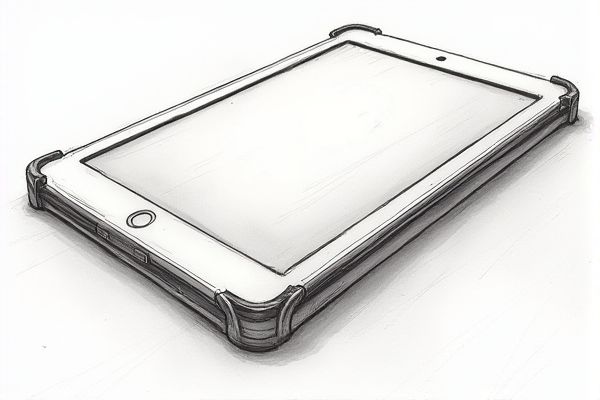
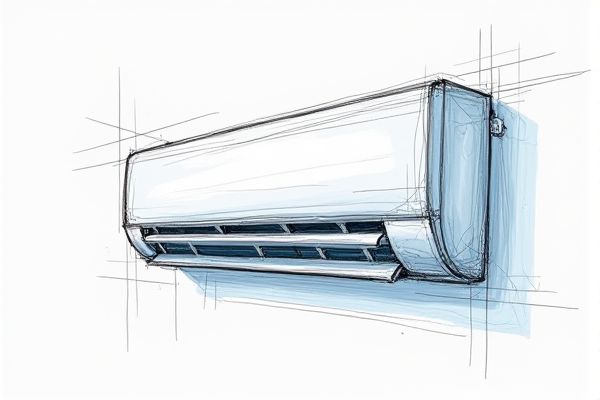
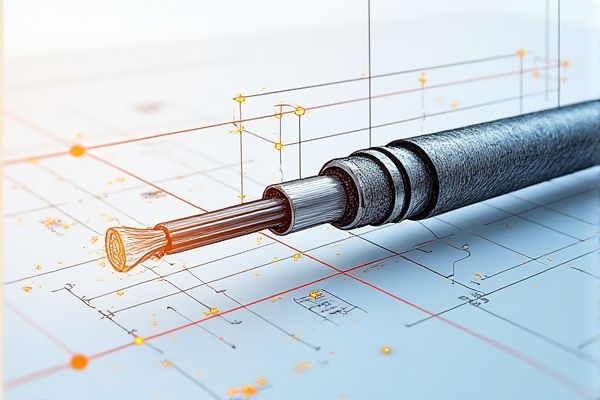
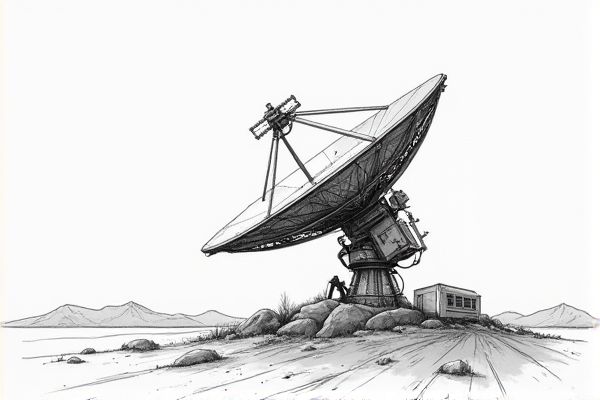
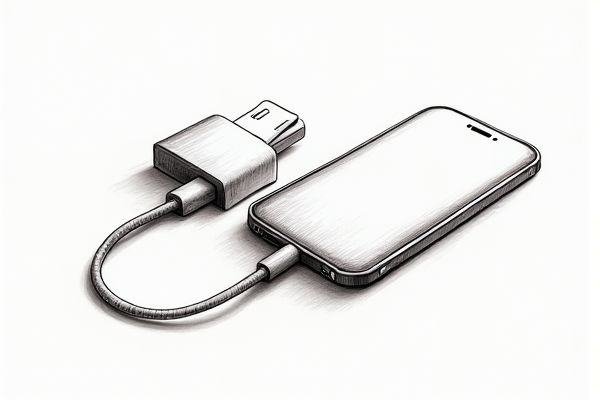
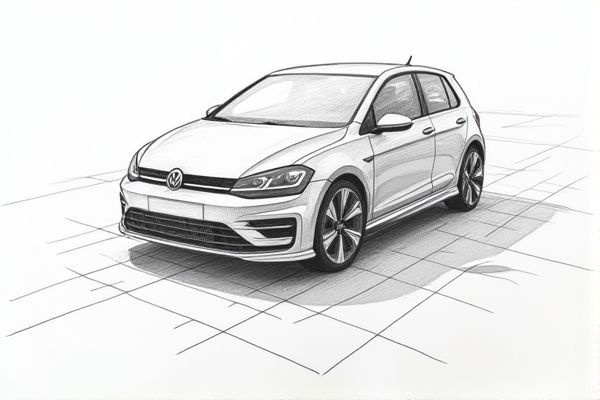
Leave a Reply
Your email address will not be published.